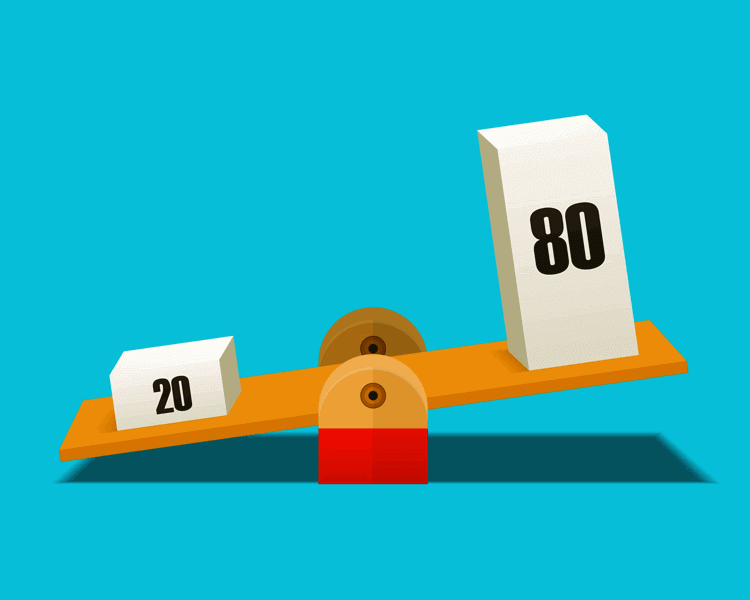Time management is essential in maximizing success, especially for people with Individualised Education Program (IEP) goals. In this blog posts, we will discover the significance of time management IEP goals and discuss strategies to promote productive time management. By aligning time management skills with IEP goals, students can improve their academic journey and personal development.

Understanding Time Management IEP Goals
IEP goals are specific objectives create to meet the unique needs of students with disabilities. These goals are primarily designed by the students, parents, educators, and other IEP team members, who play a crucial role in supporting the students’ journey. The main objective of IEP goals is to prepare students for educational ventures while highlighting the milestones and skills they need to achieve.
Elements of Practical IEP Goal
In other words, an effective IEP goal must be specific, measurable, attainable, and intelligent. Moreover, it should clearly describe the needed outcome, include measurable criteria for success, and work well with the student’s needs.
Aligning time management IEP goals with students’ needs and interests is essential for success. When goals are design to meet students’ needs and challenges, students are more motivate and feel engaged in the learning process. Time management skills play a crucial role in assisting students make progress towards their IEP goals.
Significance of time management in achieving IEP goal
Time management is an important skill to flourish:
Effective time management is a skill that supports progress in different walks of life. It assists students in prioritizing tasks, distributing time effectively on projects, and staying organize. For students with IEP goals, time management is not just important, it’s crucial. It leads the roadmap towards success, helping them to achieve their goals, stay on top of their tasks, and reduce stress.
How effective are time management IEP Goals in supporting success?
Students can take charge of their time by setting dedicate time slots to work on IEP goals. This empowers them to break down large tasks into smaller, manageable steps and work towards their goals incrementally. Effective time management is not just a tool, it’s a mindset that helps students overcome procrastination, stay organized, and stay focused on their priorities.
Challenges students encounter while managing their time with IEP goals
Students need help with time management IEP goals. These challenges include issues with organization, executive functioning skills and self-regulation. To address these challenges, it is essential to support students in developing effective time management strategies.
Include time management into IEP Goals.
It’s essential to include time management in IEP goals. This way, we ensure that skills are explicitly taught and target. Here are some examples of time management IEP Goals for different age groups.
Elementary school:
The students will independently craft and manage a daily schedule with minimum reminders.
Middle school:
The students will be able to prioritize tasks and manage time effectively to complete projects and assignments.
High school:
Students will independently handle their time to meet deadlines for assignments, tests and extracurricular activities.
How can we promote productive time management for students with IEP goals?
There are many strategies that can be used to promote productive time management for students with IEP goals.
- Breaking down large tasks into smaller ones as they become more manageable parts. It helps students feel less overwhelmed and increases their ability to stay updated.
- Teaching students how to prioritize tasks based on the importance of deadlines helps them to manage time effectively.
- Planners or visual scanners offer a clear and organized representation of project activities and help students manage their time better.
- Timers and reminders can help students stay on track and manage time more effectively.
- Encouraging students to reflect on their time management IEP goals and make adjustments as needed is a key part of the process. This promotes self-awareness, a crucial skill in effective time management, and helps students feel more in control of their learning journey.
Additional resources and assistance
There is a wealth of resources and support available to assist students in promoting practical IEP goals. These resources are designed to provide the necessary tools and strategies, ensuring that students with IEP goals never feel alone in their journey.
● Websites, apps and recommended books
Discover books, apps and recommended websites that offer tools and strategies for practical IEP goals.
● A speech-language pathologist or SEL expert
Take assistance from a speech-language pathologist or social-emotional learning expert who can offer specialized support.
● Join support groups and online communities.
Connect with support groups or online communities where you can share experiences, seek guidance, and explore additional resources.
Conclusion
Prioritizing time management IEP goals is crucial for the success of students’ academics and personal ventures. By including time management in IEP goals and implementing effective strategies, we can encourage students to become their leaders.
Start your IEP goals today and explore a wide range of opportunities to support time management skills for students.


